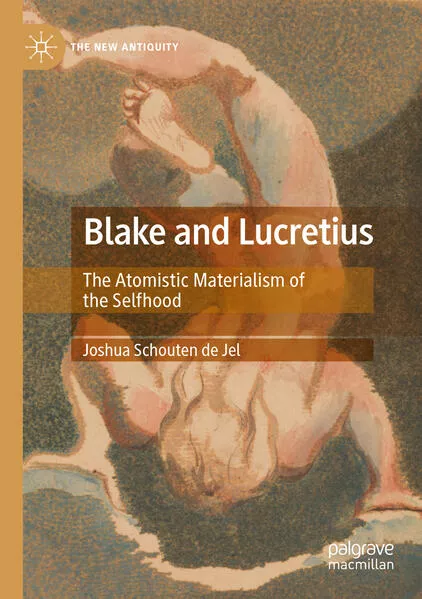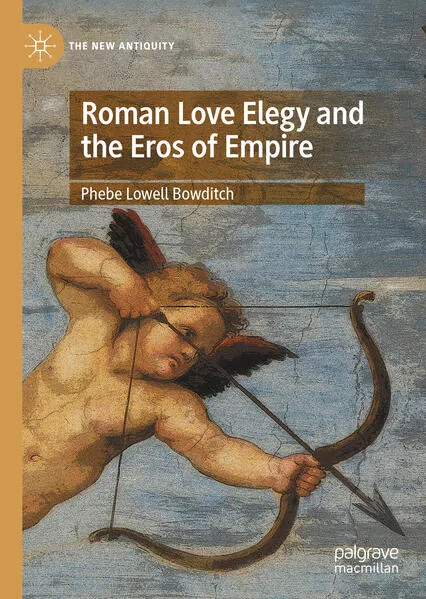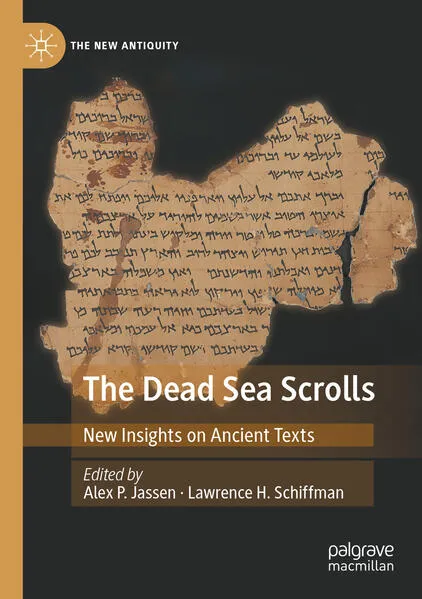Chronologie aller Bände (1 - 3)
Die Reihenfolge beginnt mit dem Buch "Blake and Lucretius". Wer alle Bücher der Reihe nach lesen möchte, sollte mit diesem Band von Joshua Schouten de Jel beginnen. Der zweite Teil der Reihe "Roman Love Elegy and the Eros of Empire" ist am 17.02.2023 erschienen. Mit insgesamt 3 Bänden wurde die Reihe über einen Zeitraum von ungefähr 3 Jahren fortgesetzt. Der neueste Band trägt den Titel "The Dead Sea Scrolls".
- Anzahl der Bewertungen für die gesamte Reihe: 0
- Ø Bewertung der Reihe: 0
- Start der Reihe: 25.11.2022
- Neueste Folge: 29.06.2025
Diese Reihenfolge enthält 3 unterschiedliche Autoren.
- Autor: Schouten de Jel, Joshua
- Anzahl Bewertungen: 0
- Ø Bewertung:
- Medium: Buch
- Veröffentlicht: 25.11.2022
- Genre: Roman
Blake and Lucretius
- Autor: Bowditch, Phebe Lowell
- Anzahl Bewertungen: 0
- Ø Bewertung:
- Medium: Buch
- Veröffentlicht: 17.02.2023
- Genre: Roman
Roman Love Elegy and the Eros of Empire
This book explores Roman love elegy from postcolonial perspectives, arguing that the tropes, conventions, and discourses of the Augustan genre serve to reinforce the imperial identity of its elite, metropolitan audience. Love elegy presents the phenomena and discourses of Roman imperialism—in terms of visual spectacle (the military triumph), literary genre (epic in relation to elegy), material culture (art and luxury goods), and geographic space—as intersecting with ancient norms of gender and sexuality in a way that reinforces Rome’s dominance in the Mediterranean. The introductory chapter lays out the postcolonial frame, drawing from the work of Edward Said among other theorists, and situates love elegy in relation to Roman Hellenism and the varied Roman responses to Greece and its cultural influences. Four of the six subsequent chapters focus on the rhetorical ambivalence that characterizes love elegy’s treatment of Greek influence: the representation of the domina or mistress assimultaneously a figure for ‘captive Greece’ and a trope for Roman imperialism; the motif of the elegiac triumph, with varying figures playing the triumphator, as suggestive of Greco-Roman cultural rivalry; Rome’s competing visions of an Attic and an Asiatic Hellenism. The second and the final chapter focus on the figures of Osiris and Isis, respectively, as emblematic of Rome’s colonialist and ambivalent representation of Egypt, with the conclusion offering a deconstructive reading of elegy’s rhetoric of orientalism.
- Autor: Jassen, Alex P.
- Anzahl Bewertungen: 0
- Ø Bewertung:
- Medium: Buch
- Veröffentlicht: 29.06.2025
- Genre: Sonstiges


